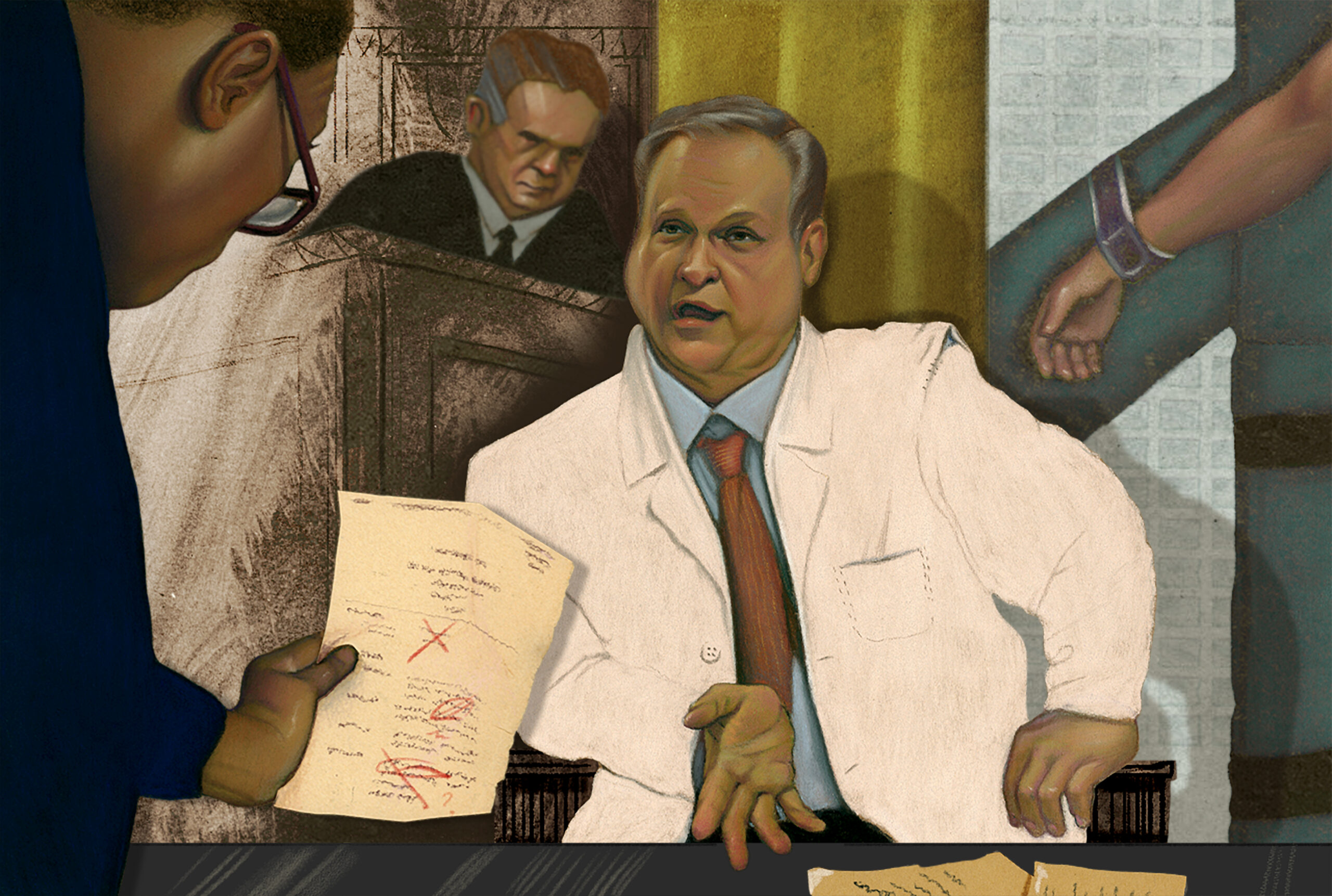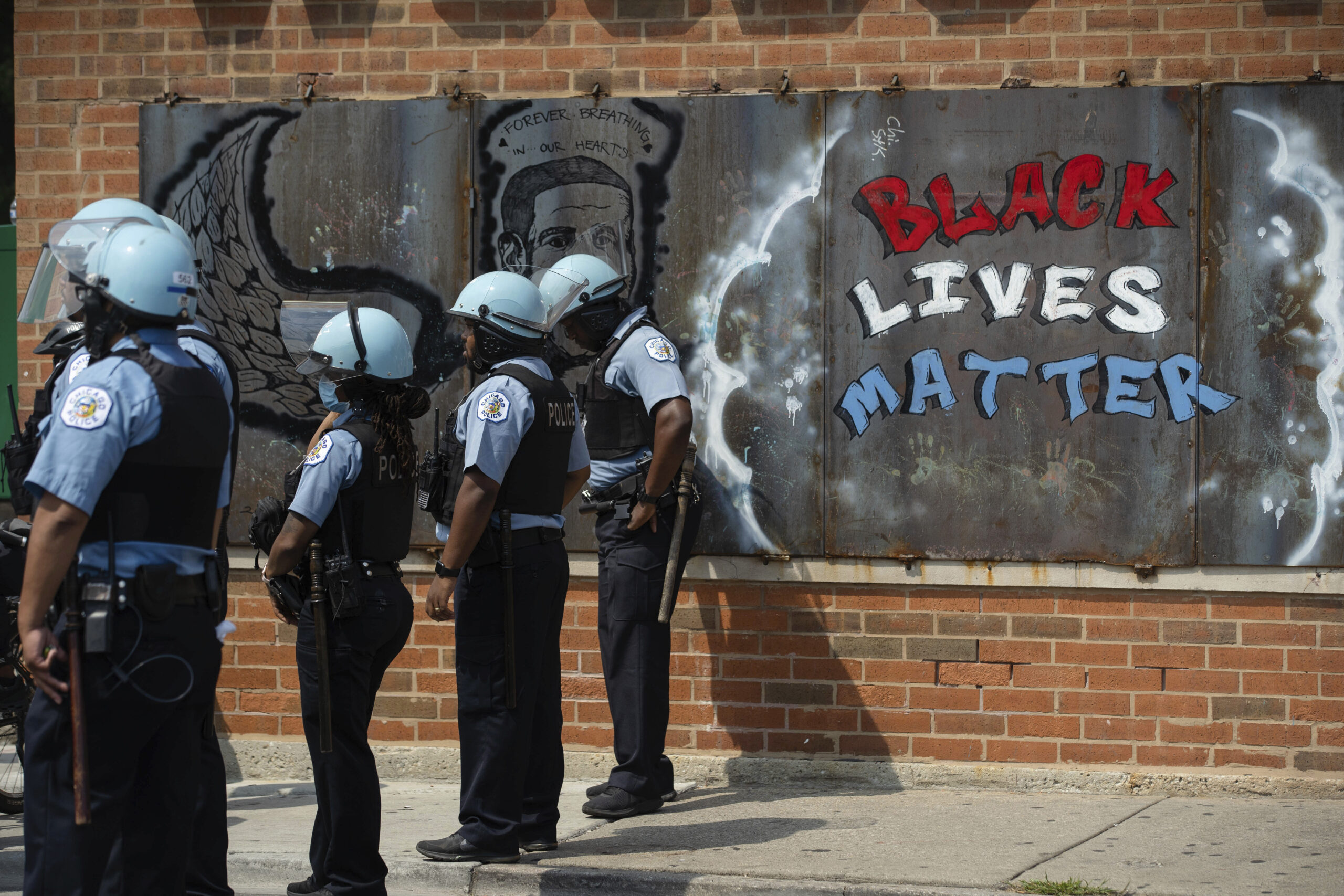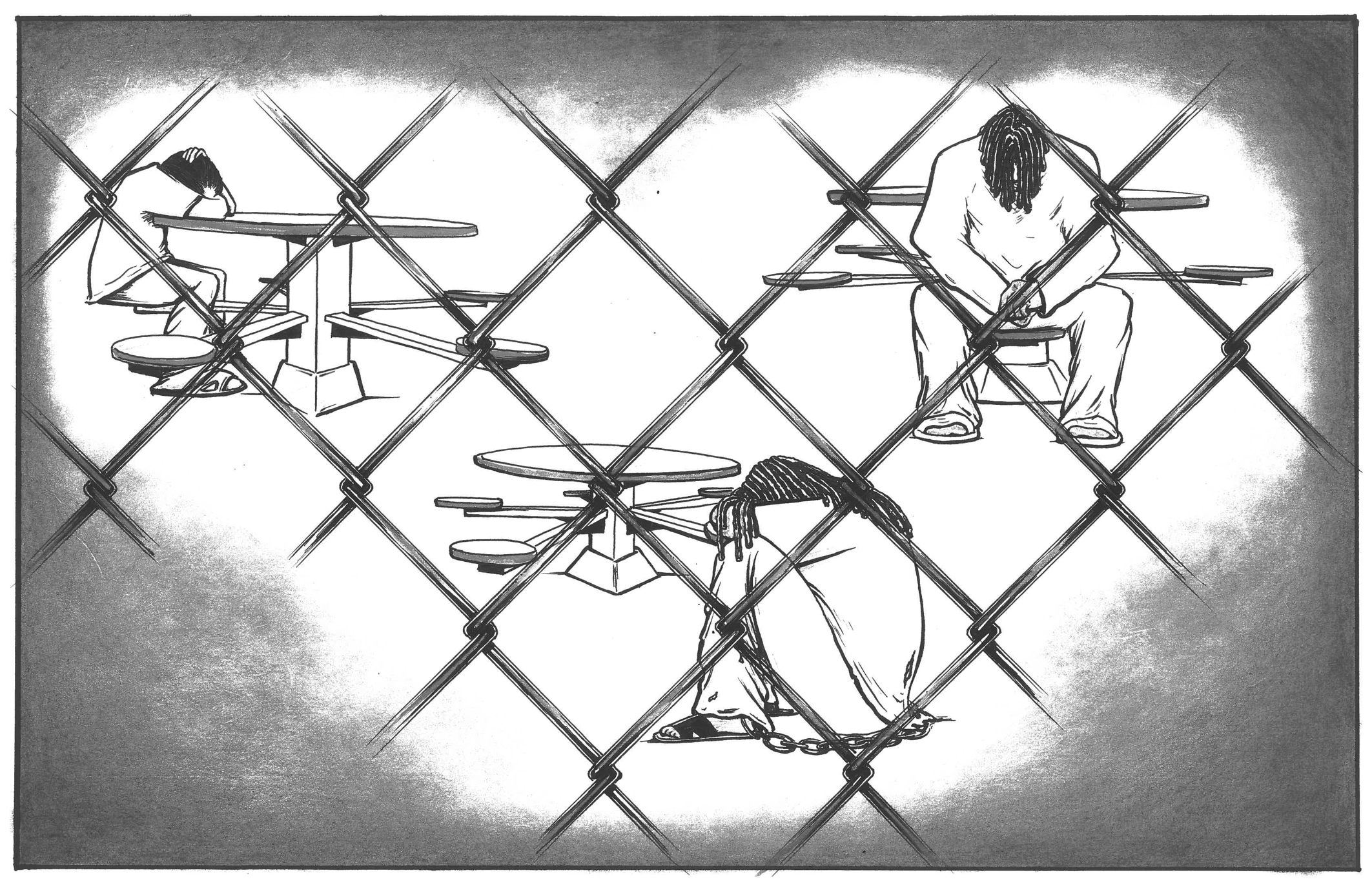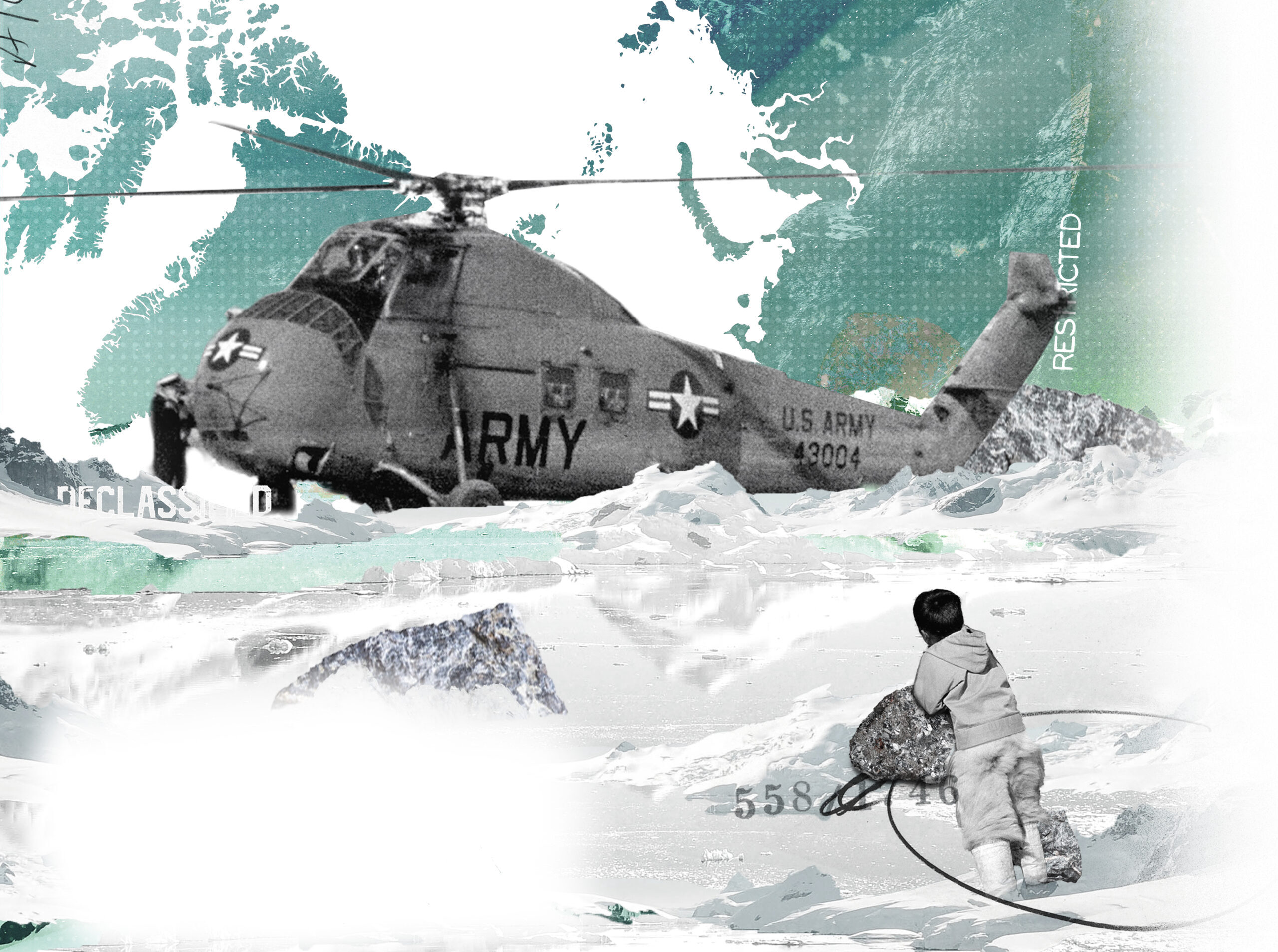This year, Type Investigations has published dozens of stories that have exposed wrongdoing, shed light on injustice, and held power to account. Our reporting fellows have continued to examine the most pressing issues of the day. And through our partnerships with local and national newsrooms, we are proud to help support vital journalism that would not otherwise exist.
As we look ahead to 2024, here are a few highlights from the past year:

Image: Dominic Bodden, special to ProPublica
In this two-part series with ProPublica, Daniel Moritz-Rabson and Lauren Gill investigated a Florida pharmacist who serves as an expert witness on behalf of states defending lethal injection protocols, often speaking about a drug that he has no authority to prescribe. His testimony has helped pave the way for executions across the country.

Jill Montes of Carlsbad, California, lost custody of three of her children in 2021 to her ex-husband. He had accused her of “parental alienation.” Image: Maggie Shannon/Insider
In partnership with Insider, Olivia Gentile revealed how family court judges have used parental alienation, a disputed diagnosis, to justify removing children from a parent they trust and placing them with one they fear, mandating “reunification treatment” to repair the relationship. Gentile was asked to discuss her findings with the chief counsel for oversight at the U.S. Senate Committee on the Judiciary, and the story helped build momentum for legislation that recently passed in California, restricting the use of treatment programs like the ones we explored.

Police officers stand beside a mural for George Floyd in the Chicago neighborhood of Bronzeville during an anti-police brutality protest. In the past decade, high-profile police killings — including Floyd — have shaken the nation and led to widespread protests and calls for reform, including hiring more nonwhite officers. Image: Pat Nabong/Chicago Sun-Times via AP
Type Investigations reporting fellow Karen Robinson-Jacobs examined how law enforcement agencies responded to demands that they improve diversity in their ranks. The data showed that thousands of people of color still live in communities where the force looks nothing like them.

Image: Ibrahim Rayintakath/Quartz
This four-part series, produced in partnership with Quartz and the Pulitzer Center, revealed how an international bidding war is reshaping the healthcare landscape around the world. Reporters Aurora Almendral and Samanth Subramanian found that “medical brain drain” has destabilized the healthcare systems in poorer nations, while nurses in the U.S. and other countries have been subjected to exploitative labor contracts designed to trap them in their jobs and intimidate them into silence.

Hector Ortiz is an indigenous artist incarcerated in Washington state. Image: Hector Ortiz/Type Investigations
As part of Type’s Inside/Out Journalism Project, which works with incarcerated reporters to produce ambitious, feature-length investigations, Type Investigations Associate Editor Nina Zweig collaborated with award-winning incarcerated journalist Christopher Blackwell. Together, they documented how New Jersey prisons seem to be flouting a landmark solitary confinement reform law passed in 2019. Soon after, a state watchdog confirmed our findings in a widely covered report on the issue.

Image: Jennifer White-Johnson/Baltimore Beat and Type Investigations
In this two-part series, produced in partnership with Baltimore Beat, Baynard Woods investigated the events—and the decisions made by multiple agencies—that led to the police killing of teenager Donnell Rochester.

A Greenlandic boy watches a U.S. Army helicopter land at Thule Air Base in 1966. On Nov. 28, 2003, the Danish Supreme Court ruled the expropriation of native Greenlanders’ land to expand the U.S. base, in 1953, was legal. Image: Nadic Radic/In These Times, source: NF/AFP via Getty Images
For In These Times, Type Investigations reporting fellow Adam Federman traveled to Greenland to uncover how the U.S. is expanding its military and economic presence in the Arctic—developments that stand to impact the local environment, displace Native communities, and increase geopolitical tensions with Russia and China.